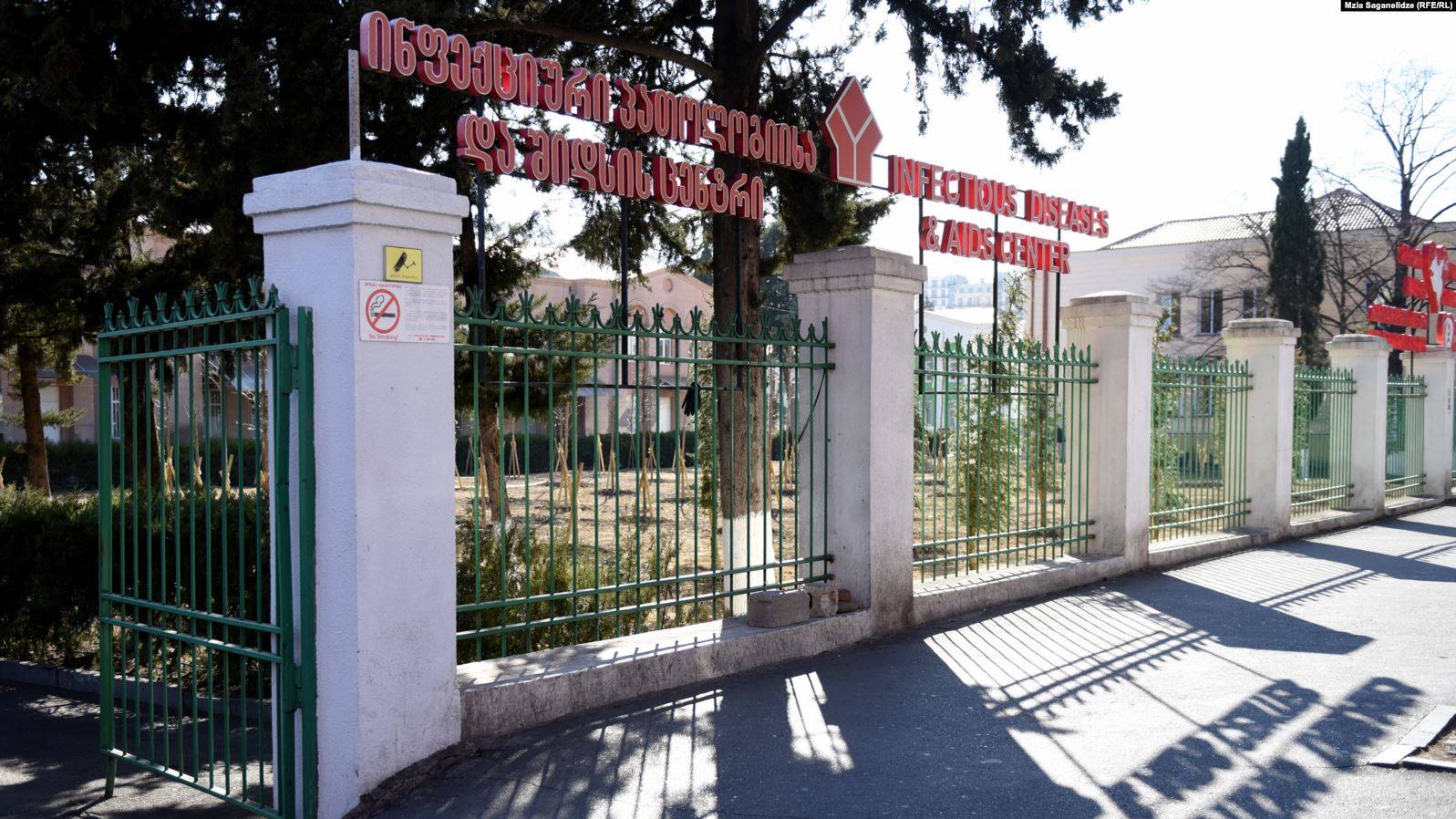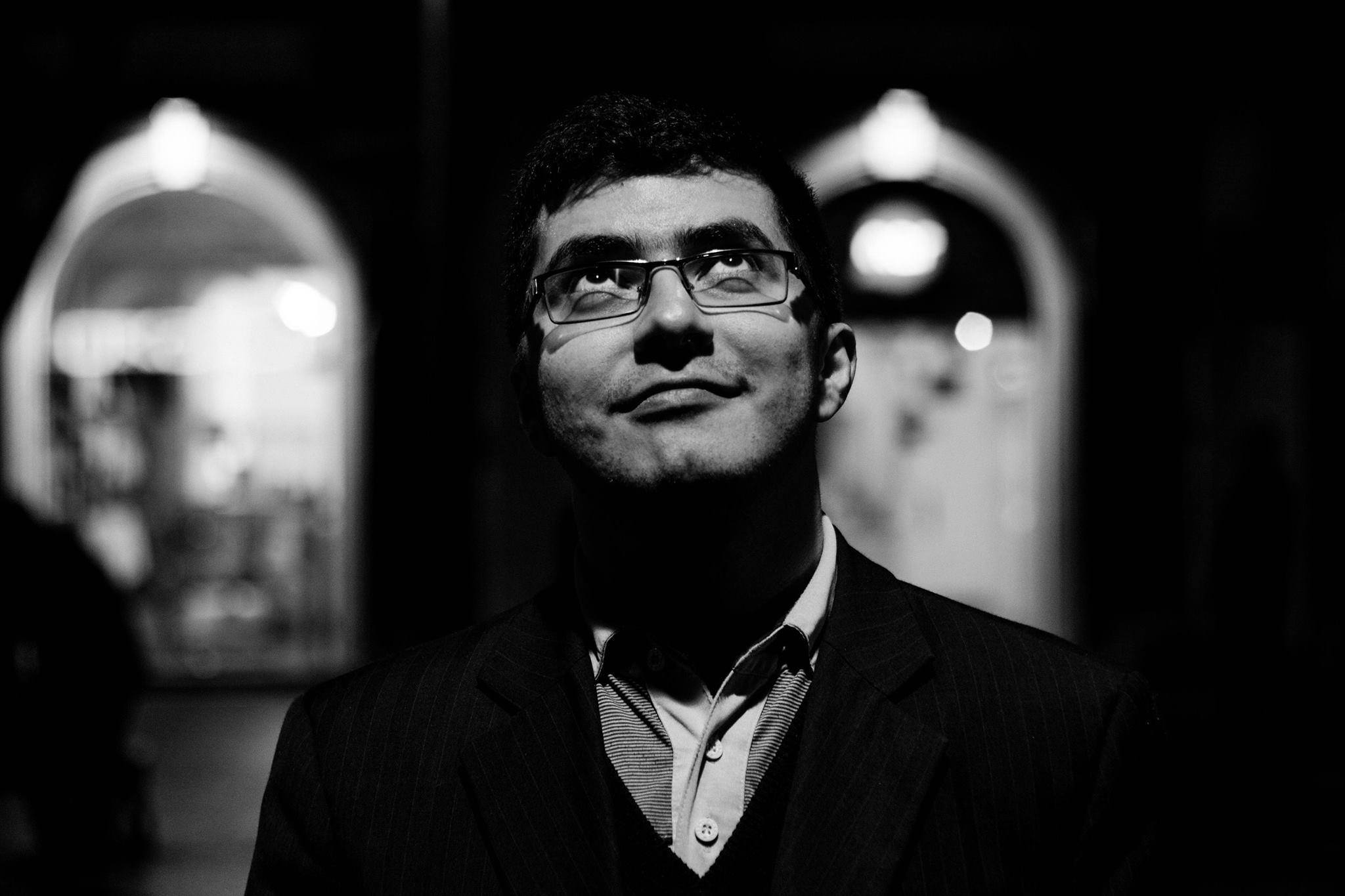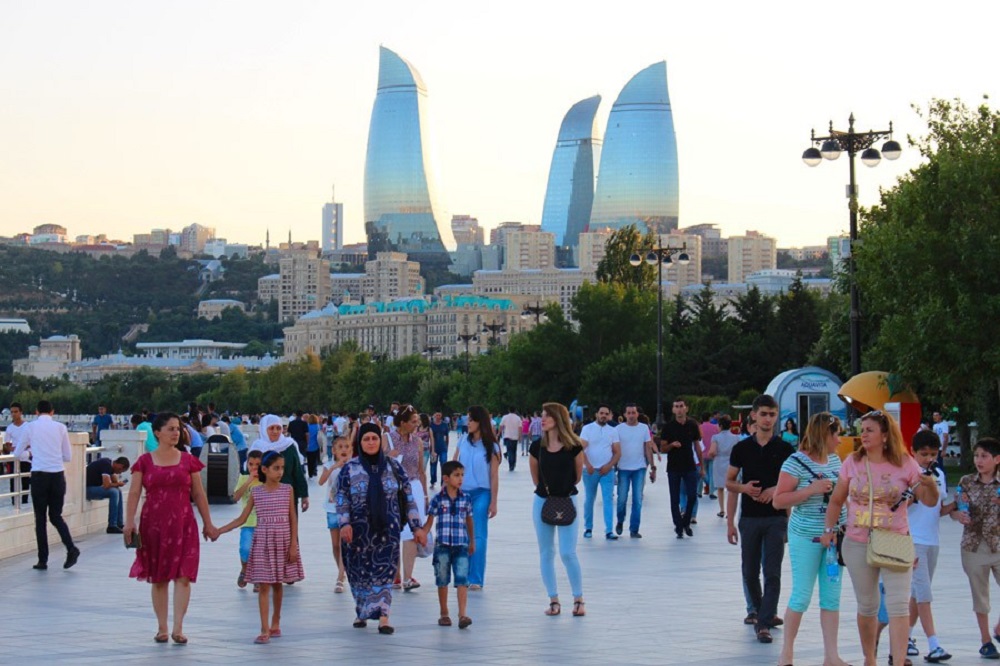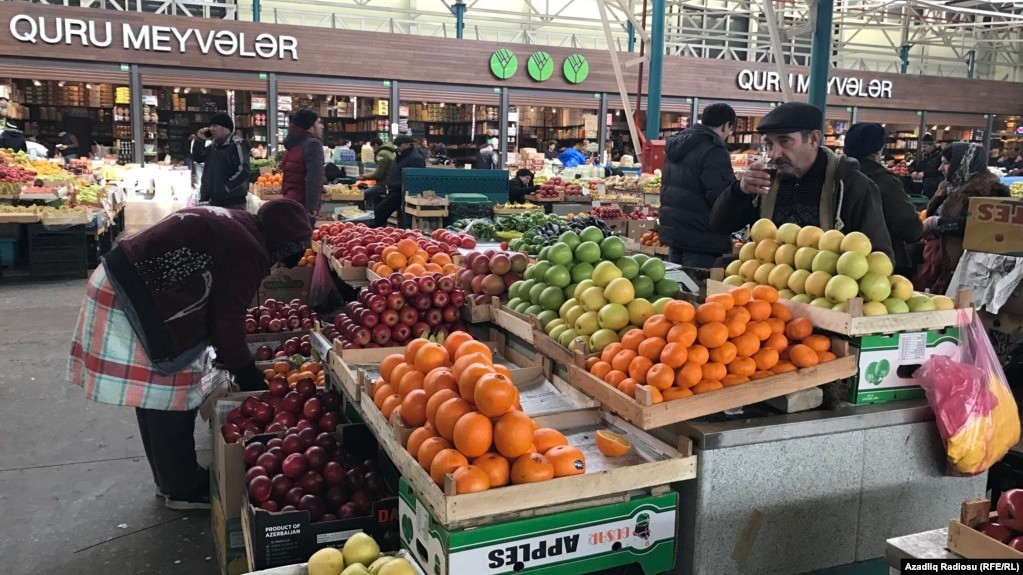"Incomes do not cover expenses": Rising prices in Azerbaijan
Rising prices in Azerbaijan
Tehran Guliyev is 71 years old. He and his 68-year-old wife live in a two-room apartment in the center of the Binagadi settlement on the outskirts of Baku. Both are pensioners. Despite this, Tehran Guliyev, a dental technician, still continues to work in his profession. According to him, he has to work at this age because their pension is not enough to support themselves and, most importantly, to raise their young grandson, who is under their care.
- “Germany is reassessing its relations with Georgia,” says the German Ambassador
- “This is just the beginning”: Armenia will receive 10 million euros from the European Peace Facility
- Founder of the persecuted Azerbaijani media does not have cancer. Family doubts the results of the “prison” biopsy

Last month, at the request of the State Oil Company of the Azerbaijan Republic (SOCAR), the Tariff Council raised the price of Aİ-92 gasoline from 1 manat [about $0.58] to 1 manat 10 gapiks [about $0.64], and the price of diesel fuel from 80 gapiks [about $0.47] to 1 manat [about $0.58].
Starting from July 1, public transportation fares also increased. The cost of travel on city bus routes and the metro rose by 25 percent, now amounting to 50 gapiks [about $0.29].
Economists believe that such price hikes will lead to increases in other areas as well. Fees for some utilities, such as garbage collection, have already gone up. The rising prices of fruits and vegetables in the markets are clearly noticeable.
“Our expenses already exceed our income, and now prices are going up”
Three years ago, after their only son passed away, Tehran and his 68-year-old wife took guardianship of their six-year-old grandson, Seymur, who is now nine.
Tehran explains that although Seymur is officially under his mother’s guardianship, she found it difficult to provide for him, so she agreed to let the child stay with his grandparents.
“Since I can’t work as quickly as before, I don’t have as many clients. I spend whole days at the clinic, receiving four or five orders per month, sometimes none at all. Therefore, our pension remains our main income. It barely covers our medications, food, clothing for the child, and utility bills.
“This year, my grandson will enter third grade. The school is a 15-20 minute walk from our home. My wife, also elderly, can’t walk that far, so she has to take the bus. Starting in September, we’ll spend three manats daily on his commute to and from school. Calculate how much that adds up to each month. And that’s just for transportation.
“My pension is 370 manats (about $217), and my wife receives 280 manats (about $164). How are we supposed to live like this? Our expenses already exceed our income, and now prices are going up,” laments Tehran Guliyev.
“Price increases won’t be limited to gasoline”
“It’s hard to say exactly which factors caused the recent need for price increases, as the Azerbaijani government hasn’t provided detailed explanations in this regard, says economist Toghrul Valiyev.”

“SOCAR attributed the rise in gasoline prices to declining revenues and increasing expenditures. It should be noted that SOCAR is one of the largest taxpayers in Azerbaijan and plays a crucial role in shaping the state budget. Therefore, the actual factors influencing the price increase can only be speculated upon. It is impossible to say for certain because the reasons are not disclosed.
Regarding public transportation, there have been no significant improvements, no changes, yet prices have increased. It can be assumed that this could be due to inflation and the rise in gasoline prices. Since a large portion of our public transport operates on gasoline, prices were raised following the gasoline price hike,” says Veliev.
The expert expects further price hikes amidst the increase in gasoline prices:
“In general, Azerbaijan is a country heavily reliant on automobiles for transportation. In our country, everything depends on gasoline and diesel. As a result, practically all products will become more expensive to transport. Of course, this won’t happen immediately. But in the near future, consumers will feel the price hikes.
Which specific products will become more expensive and by how much, that’s another question. But it can be assumed that we will see price increases in the next three months.”
“The government will aim to keep inflation below four percent”
The highest inflation rate in Azerbaijan over the past 14 years was recorded in 2022 at 13.9 percent. In 2023, this figure stood at 9.4 percent. Toghrul Valiev believes that the recent price hikes will impact inflation figures.
“The government always forecasts inflation at around four percent plus or minus two, but in reality, based on my estimates, it will be higher. The recent price increases, followed by subsequent hikes, may influence this. However, the government will likely strive not to officially surpass the inflation limit of four percent. I don’t think this year’s figure will reach double digits. However, for certain essential consumer products, the inflation rate could be in the double digits,” the expert says.
“Poor people’s budget will be negatively affected by the price hikes,” says Toghrul Veliev. According to him, the significant rise in food prices plays a crucial role in this.
“People in Azerbaijan are particularly dependent on food prices. Over 50 percent of expenditures go towards food. The largest increases are seen in food products. The most vulnerable segment of the population – the low-income people – will be hit the hardest. It’s uncertain whether they will receive financial support or not,” Toghrul Valiev comments.
According to Azerbaijan’s State Statistics Committee for the past year, 5.2 percent of the population lives below the poverty line. According to this statistic, the average per capita income of those living below the poverty line last year was determined to be 247 manats (approximately $145).
Toghrul Valiev does not consider the stated statistics to be realistic.
“The Statistics Committee somehow determines this figure every year. However, these calculations do not align with the government’s official social policy. Therefore, it’s difficult to consider these figures accurate.
On the other hand, it’s important to understand that this applies not only to those living below the poverty line but also to all socially vulnerable groups in the population. Practically, the majority of Azerbaijan’s population falls into socially sensitive groups. According to the same Statistical Committee’s data, household expenditures exceed incomes. This indicates a problem of income and expenditure balance among the population.
Finally, we don’t know whether the poverty rate will increase or not because we don’t have corresponding data. However, it is certain that it will not decrease.“






















